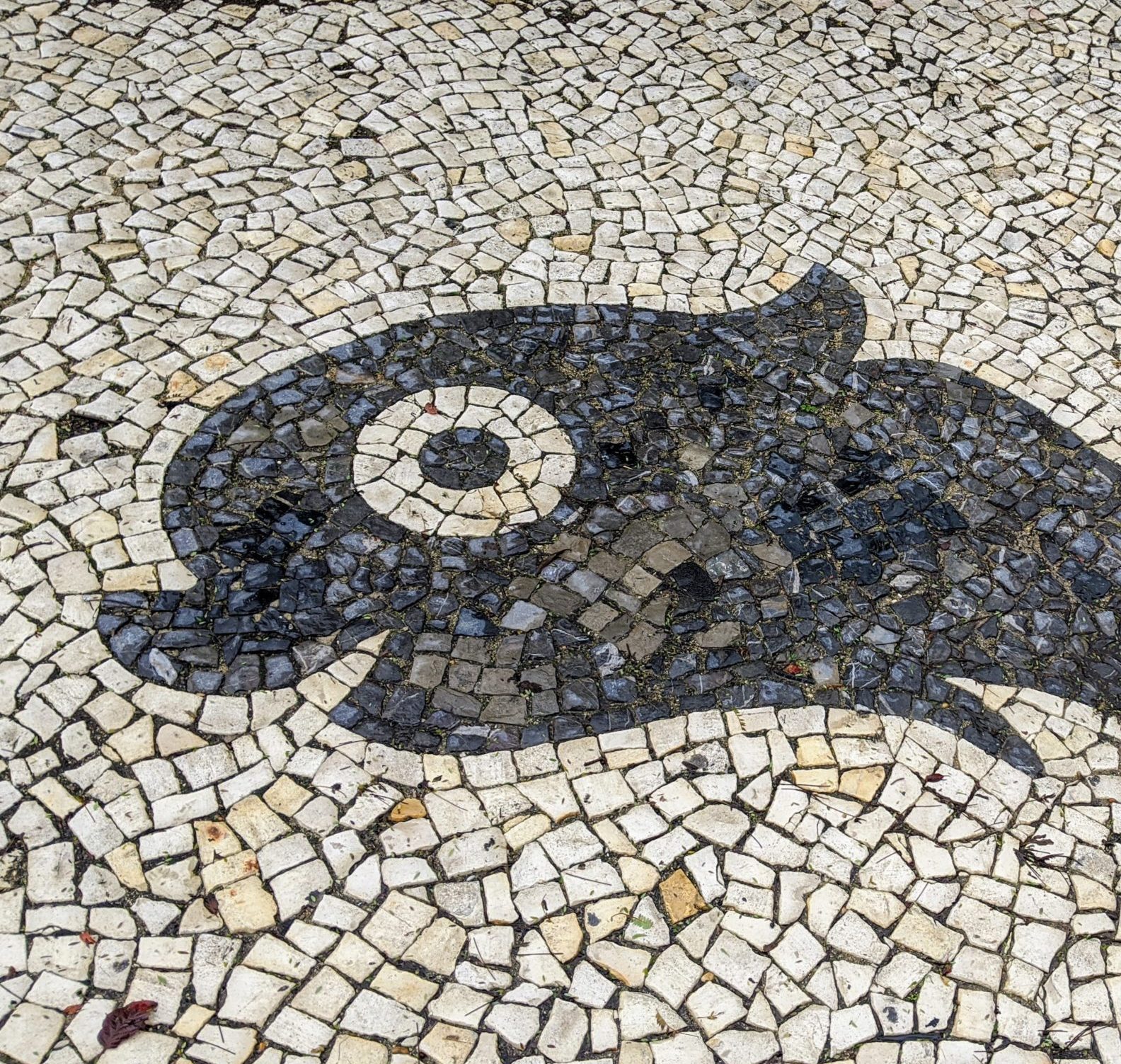The best thing about the trilogy is that it’s loaded with economic and political stuff. Robinson develops a whole gift-based economy that’s used among members of the underground. Barter is often used since there isn’t currency, with enclaves specializing and swapping for stuff. Property rights are a constant issue, and evolve as the planet is terraformed. There’s a constant struggle between socialist-environmentalist Reds and libertarian-terraformer Greens that puts a whole new spin on those labels.
The worst thing is the longevity treatment. It does result in interesting social problems (overpopulation), but it seems like a device after a while, reducing the overall plausibility. Maybe I just don’t know enough about the trajectory of life extension science, but I think the treatments were just there to ensure continuity, keeping a few of the original Red Mars characters around when they’d have otherwise passed away. It wouldn’t have hurt to go through a few generations over the course of the trilogy.
